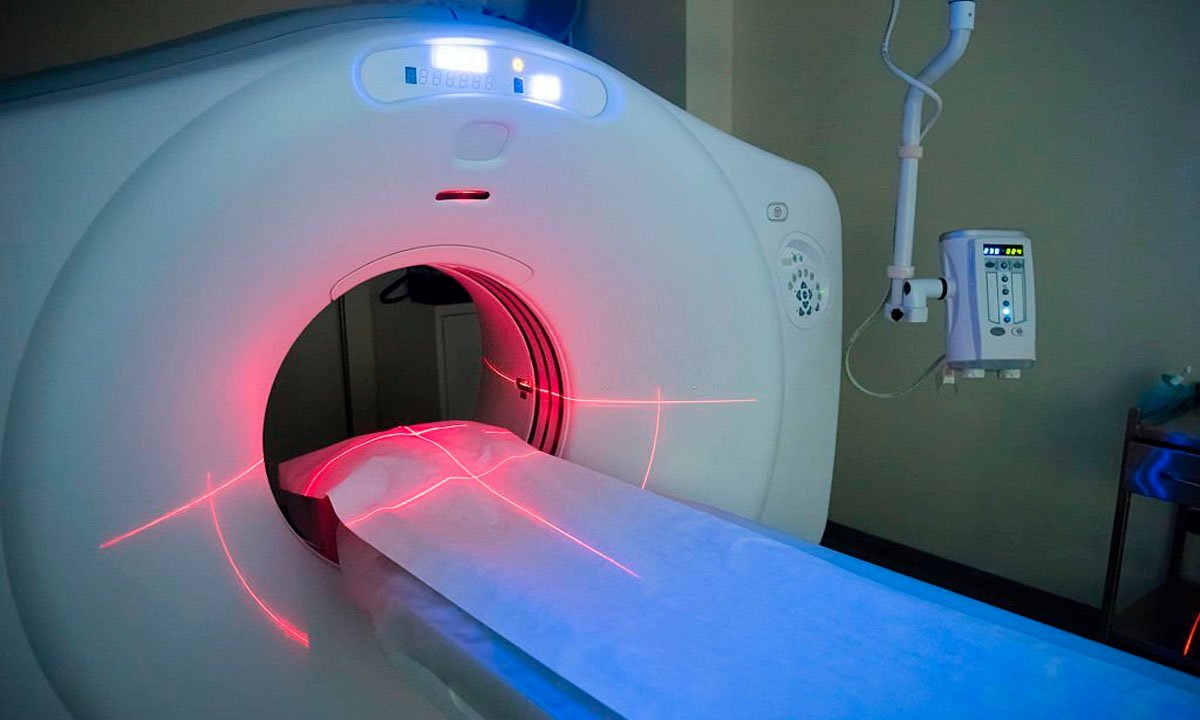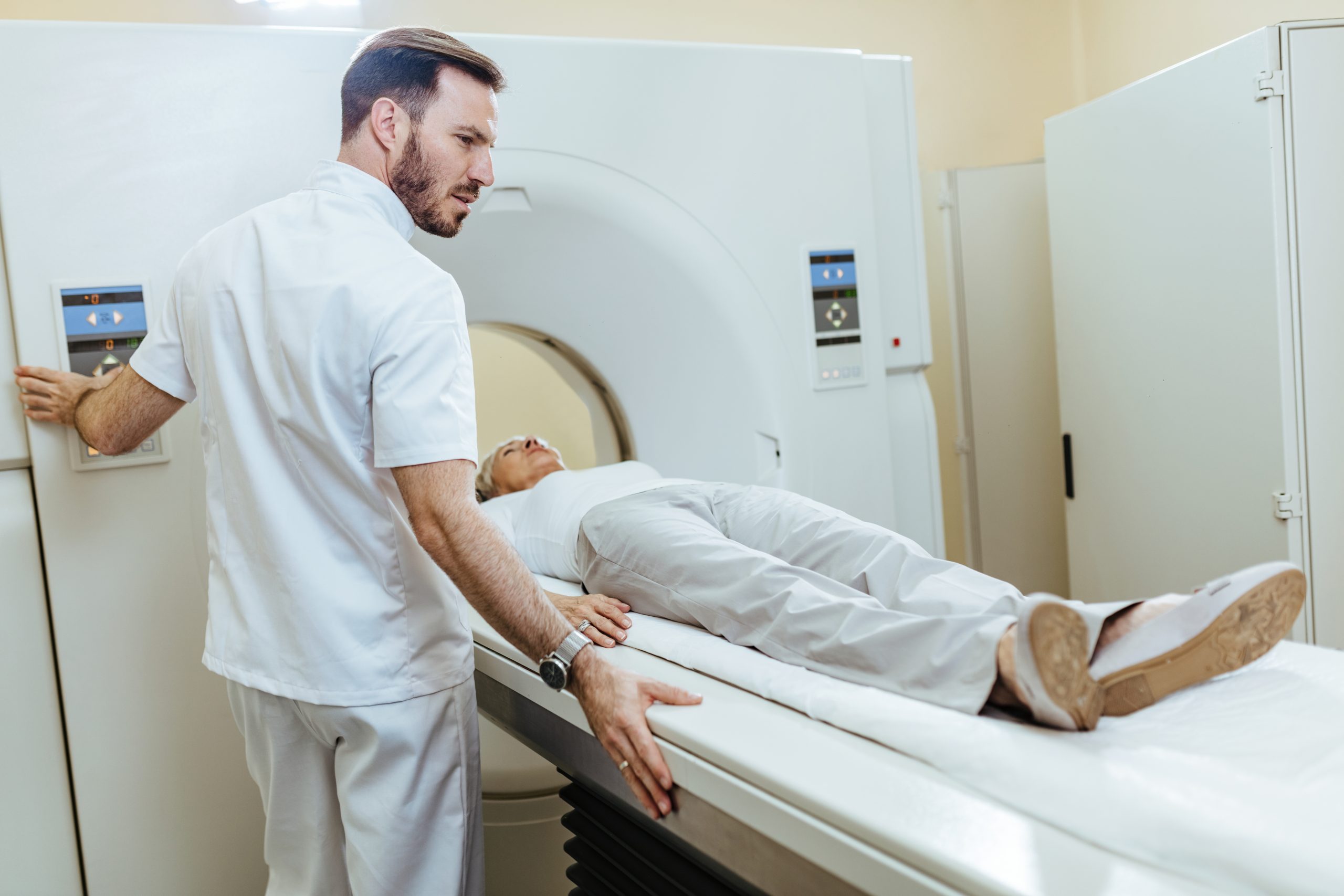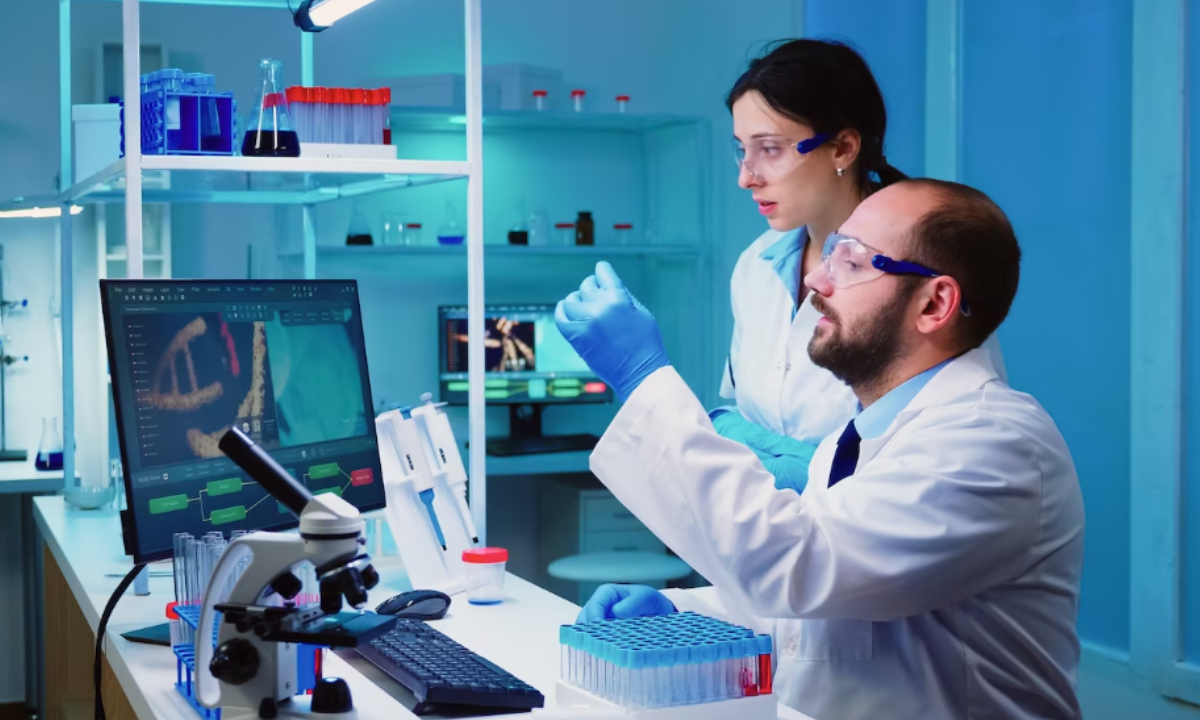Are you suffering from any thyroid disease? Then, this blog is your solution. Here, we will talk about Radioactive Iodine Therapy, a term often heard in oncology and endocrinology. It is a form of treatment that uses a radioactive iodine isotope, usually iodine-131. This isotope has features that can combat thyroid cancer or hyperthyroidism.
Nowadays, the medical world has come up with significant advancements like this to help people fight terminal illnesses effectively. However, it has some potential risks associated with it too. Let’s check out the benefits, features, side effects, and precautions to be taken while undergoing Radioactive Iodine Therapy.
How Does Radioactive Iodine Therapy Treat Hyperthyroidism?
Hyperthyroidism refers to the excess production of thyroid hormones, which poses several health issues. The symptoms include protruded eyes, weight loss, fatigue, and the inability of the body to function properly. It hampers day-to-day activities, making you dependent on medications.
This is where Radioactive Iodine Therapy comes to the rescue. The thyroid gland naturally absorbs iodine from the blood to produce thyroid hormones. Health practitioners introduce the radioactive iodine isotope, I-131 into the body, to get it absorbed selectively by the thyroid cells.
Once it gets absorbed, the isotope begins to destroy hyperactive thyroid cells without affecting the healthy tissues and cells. This ultimately decreases hormone levels, bringing to back to normal. The treatment is relatively slow. However, the patients start experiencing positive signs within several to months of treatment administration. Take note that this treatment depends on the severity of the disease and the patient’s overall health conditions.
How Does Radioactive Iodine Therapy Treat Thyroid Cancer

Radioactive Iodine Therapy plays a double role in treating Thyroid cancer. First, its isotope is introduced to the body to target cancerous cells. This is similar to the hyperthyroidism treatment. It targets and destroys abnormally-multiplying cancerous cells. The treatment is followed by thyroidectomy or the surgical removal of the thyroid gland.
Moreover, it helps diagnose any hidden or more cancerous cells or metastasis. Radioactive Iodine Therapy is super effective against different thyroid cancers such as papillary and follicular thyroid cancer. It tends to absorb iodine.
Cancers are infamous for developing again. However, Radioactive Iodine Therapy reduces their reoccurrence. Moreover, it guarantees longer survival rates especially when the disease is diagnosed early. In short, it poses complete treatment.
Side Effects of Radioactive Iodine Therapy
As mentioned, it has some potential drawbacks too, such as:
- Dry Mouth and Change in Taste: The radioactive iodine also affects your salivary gland. This results in loss of taste or a dry mouth.
- Nausea or Diarrhea: Are you experiencing an upset stomach That’s normal. Some patients experience gastrointestinal issues when they’re getting Radioactive Iodine Therapy.
- Chronic Hiccups: Radiation treatment can cause recurring hiccups shortly after the treatment. However, there’s nothing to worry about. It will subside after a while.
- Fatigue: The body takes time to adjust to the hormonal changes caused by Radioactive Iodine Therapy, which results in fatigue and dizziness.
Precautions
Following Radioactive Iodine Therapy, certain precautions are important to limit radiation exposure to oneself as well as other people. These include:
- Isolating oneself according to medical recommendations: Patients might be encouraged to remain in isolation or avoid others for a couple of days post-therapy.
- Utilizing separate restroom offices if conceivable, and following severe cleanliness practices to lessen issues through organic liquids.
- Keeping away from close contact, especially with children and pregnant women, as they are more helpless with the impacts of radiation.
- Dietary changes before the therapy, similar to a low-iodine diet, which might improve the treatment’s viability.
- Customary follow-ups and observing of thyroid chemical levels to change any vital thyroid chemical substitution therapy.
FAQs
Let’s bust some common myths associated with Radioactive Iodine Therapy:
1. Will I need to take thyroid medication after undergoing Radioactive Iodine Therapy?
It’s very normal for patients to require thyroid drugs after Radioactive Iodine Therapy, particularly if the treatment is for hyperthyroidism or on the other hand assuming the whole thyroid organ is eliminated. This is because the therapy frequently lessens or wipes out the thyroid’s capacity to create chemicals. The prerequisite and dose of thyroid medications will rely upon individual requirements not entirely settled through normal blood tests and counsel with your medical care provider.
2. Can I lead a normal life during and after Radioactive Iodine Therapy?
Indeed, you can lead a normal life, however for certain precautions, particularly quickly following the treatment. For a couple of days after the therapy, you might have to isolate yourself to try not to open others to radiation.
It’s additionally crucial to follow explicit rules with respect to individual cleanliness and nearness to other people, especially weak people like children and pregnant women. After this underlying period, and upon your PCP’s recommendation, you can get back to your ordinary exercises.
3. How long does it take to see the effects of Radioactive Iodine Therapy, particularly for hyperthyroidism?
The impacts of Radioactive Iodine Therapy on hyperthyroidism are not quick. Normally, patients might begin to see upgrades in side effects in no less than a little while to a couple of months after treatment. The full impact of the therapy can require as long as a while, as the thyroid cells bit by bit retain the iodine, prompting a decline in thyroid chemical creation.
Conclusion
Radioactive Iodine Therapy stands apart as a proven therapy for hyperthyroidism and thyroid cancer, offering a designated, successful methodology with negligible intrusiveness. It’s safe, authenticated, and performed under certified medical practitioners. The side effects are natural and subside with time. In case you want to have a CT scan or have a doubt about thyroid cancer, you can connect with Kiran Pet CT Scan. That’s all folks!






